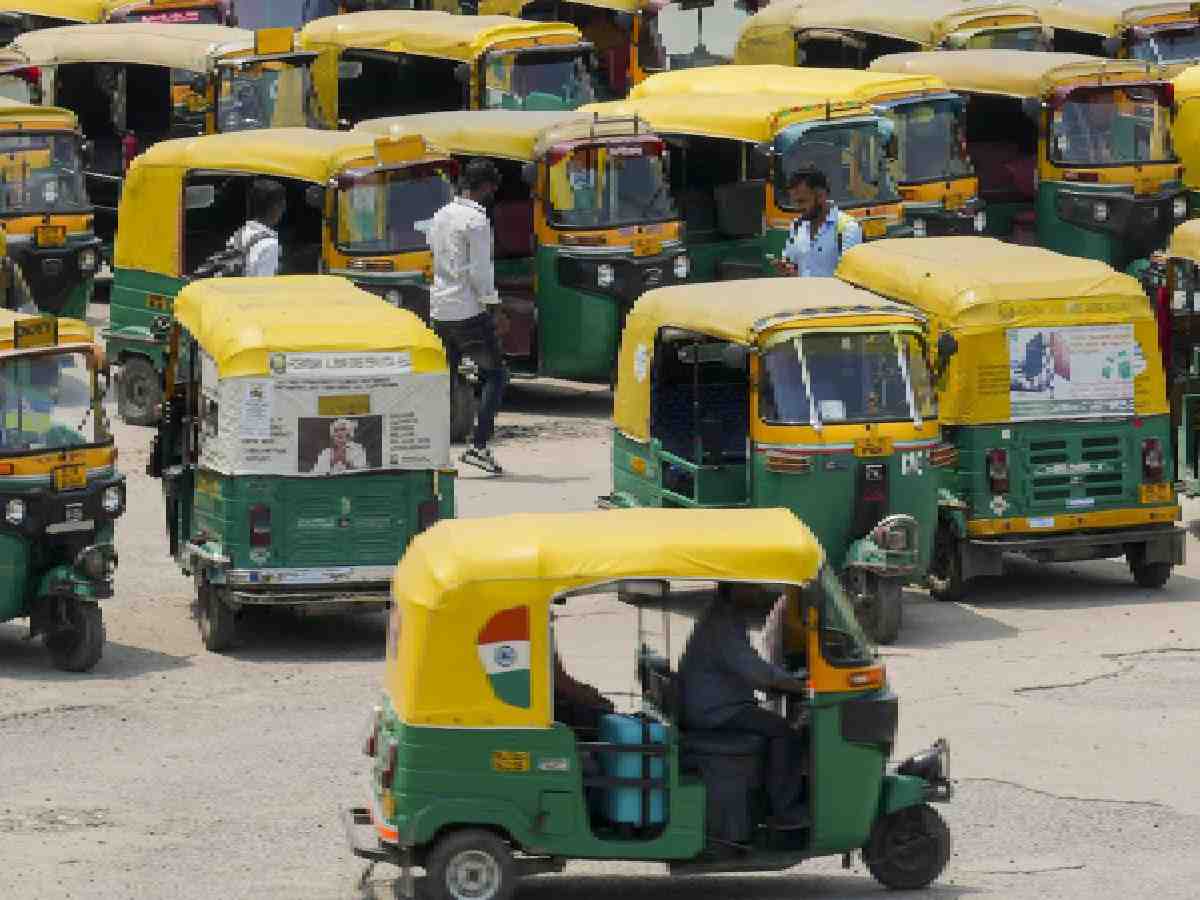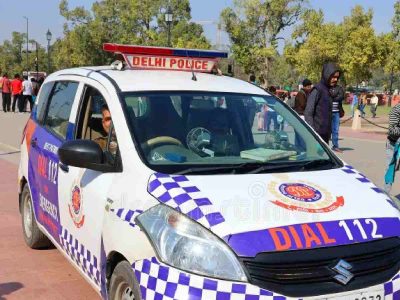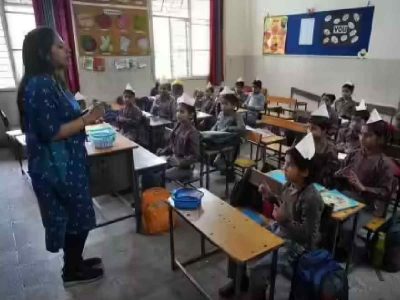Delhi auto-taxi strike: Scores of commuters across the national capital were stranded on Friday as auto and taxi drivers called for a two-day strike, grounding more than 100,000 vehicles and demanding improved compensation from cab aggregator services.
The roads of the capital seemed deserted, with people waiting nearly 20–30 minutes for their rides, even after booking them through online platforms such as Ola, Uber, and others. Abhishek Mehrotra, an IT company employee who had been waiting for his ride for the past 25 minutes at Saket, said, “I have to reach the office by 10 a.m., but I have been waiting for my cab for a long time. I am getting late for work.”
“The Uber app is still showing 20 minutes for the cab to arrive, but I am not certain this ride will come as more than three drivers have canceled due to the strike in the city,” Mehrotra added.
Another commuter, Anuj Kumar (28), an employee of a private company, faced hardships in reaching his office on time due to the strike in the capital. “Usually, I take public transport to reach Saket Metro station, following which I travel to Noida Sector 62 to reach my office. However, I had to walk nearly two kilometres to reach the station as no auto or cab was available,” Kumar said.
Also read: JNU students to march to Education Ministry against public-private redevelopment plan
“On the other hand, the online cab aggregator service providers are showing a 40- to 45-minute wait time for the cab to reach the pickup location. It was so disturbing that a posh locality like Saket did not even have a good public transport facility for the residents,” Kumar added.
Not only professionals suffered from this strike, but students also faced the heat of the auto and taxi union strike in Delhi. Ankush Khurana, a college student, said, “The strike of the auto and taxi unions has brought city transportation to a standstill, as there is no public transport available to even commute to the nearest metro station.”
“I have been walking for the past 15 minutes to reach the metro station so I can get to college on time. It is very disheartening that in the national capital, people have to suffer for public transport. The government should soon look into the matter,” Khurana said.
Kishan Verma, the president of the Delhi Auto Taxi Transport Congress Union (DATTCU), reported that around 80 percent of auto rickshaws and taxis in Delhi are currently not operational. Verma also mentioned that the union is planning a demonstration at Jantar Mantar.
Anil Pradhan, a cab driver, expressed concerns about bike taxis using non-commercial number plates and urged the government to take action against their commercial use. “It’s becoming harder to earn a decent living,” he noted.
Another cab driver, Adarsh Tiwari, highlighted the financial difficulties faced by drivers. He said, “The companies provide minimal compensation for our services, making it tough to meet vehicle installment payments and other expenses. We are finding it challenging to ensure proper education for our children and provide sufficient food for our families.”
Rajendra Soni, General Secretary of the Delhi Pradesh Taxi Union and Delhi Auto Rickshaw Sangh, said, “10,000 black and yellow taxis, along with 95,000 auto rickshaws, operated in the national capital on the first day of the strike.”
Also read: Kolkata doctor rape-murder: AIIMS, other hospital doctors call off strike after SC assurance
“The people of the capital who used to book their rides through online platforms like Ola, Uber, and others faced hardships, while other individuals did not face any kind of trouble commuting from one place to another,” Soni said.
“We are not on strike; the cabs and autos working for the online aggregator service providers are on strike against Ola, Uber, and others. We are not with them,” Soni added.





